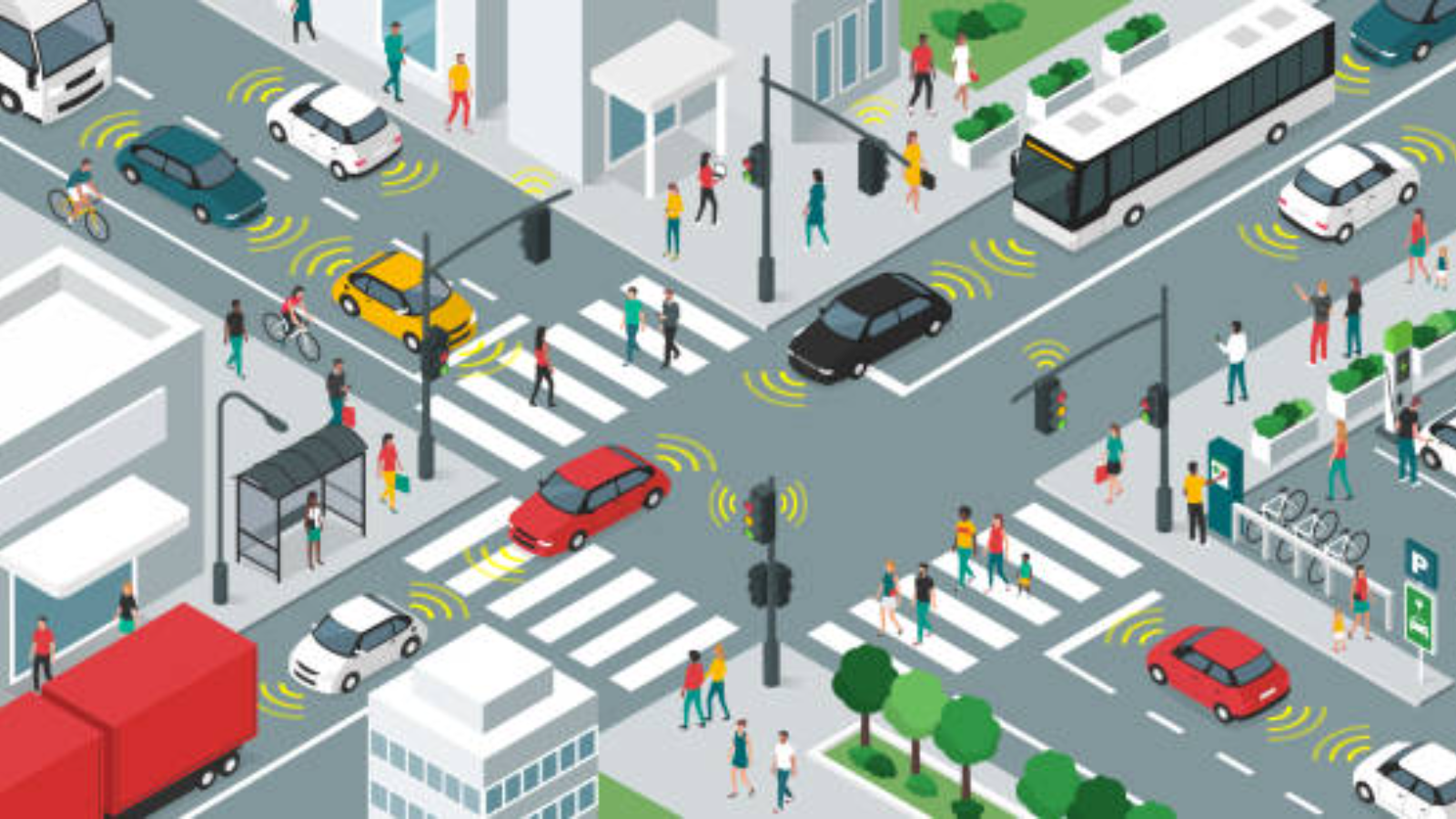In this Article
Introduction
As urbanization continues to grow at an unprecedented rate, cities around the world are evolving to meet the demands of their inhabitants. In this context, the terms “Smart City” and “Intelligent City” often come up, sometimes interchangeably. However, understanding the nuances between these two concepts is crucial for anyone interested in the future of urban living. This article aims to clarify the key differences and similarities between Smart Cities and Intelligent Cities, providing a comprehensive overview of both terms.
Smart City vs. Intelligent City: Key Differences and Similarities
What is a Smart City?
A Smart City leverages technology to enhance the quality of life for its residents. By integrating Information and Communication Technology (ICT) with various physical devices connected to the Internet of Things (IoT), Smart Cities aim to optimize the efficiency of city operations and services. Here are some key aspects of Smart Cities:
- Data-Driven Decision Making:
Smart Cities collect and analyze data from various sources, including sensors, cameras, and social media. This data is used to make informed decisions that improve city services, such as traffic management, waste collection, and energy distribution. - Sustainability:
One of the primary goals of Smart Cities is to promote sustainability. This includes reducing carbon emissions, conserving water, and promoting the use of renewable energy sources. Smart grids, for example, can optimize energy consumption and reduce wastage. - Enhanced Public Services:
Smart Cities aim to improve public services like healthcare, education, and transportation. For instance, smart healthcare systems can provide real-time monitoring of patients, while smart education platforms can offer personalized learning experiences.
What is an Intelligent City?
While the term “Intelligent City” is often used interchangeably with “Smart City,” there are subtle differences. An Intelligent City goes beyond merely using technology to improve urban living. It focuses on creating a knowledge-based economy and fostering innovation through human capital. Here are some distinguishing features of Intelligent Cities:
- Knowledge Economy:
Intelligent Cities emphasizes the importance of a knowledge-based economy. This involves investing in education, research, and development to create a skilled workforce capable of driving innovation. - Innovation Hubs:
Intelligent Cities often serve as innovation hubs, attracting startups, tech companies, and research institutions. These cities create an ecosystem that fosters creativity and collaboration, leading to the development of new technologies and solutions. - Human-Centric Approach:
Unlike Smart Cities, which primarily focus on technological solutions, Intelligent Cities adopt a more human-centric approach. This means considering the social, cultural, and economic aspects of urban living to create a holistic and inclusive environment.
Similarities Between Smart Cities and Intelligent Cities
Despite their differences, Smart Cities and Intelligent Cities share several similarities:
- Technology Integration:
Both Smart Cities and Intelligent Cities rely on technology to improve urban living. Whether it’s through IoT devices, data analytics, or digital platforms, technology plays a crucial role in both concepts. - Sustainability:
Both types of cities prioritize sustainability, aiming to reduce environmental impact and promote the use of renewable resources. - Enhanced Quality of Life:
Ultimately, both Smart Cities and Intelligent Cities aim to enhance the quality of life for their residents. This includes improving public services, promoting economic growth, and creating a safe and inclusive environment.
Key Differences Between Smart Cities and Intelligent Cities
While there are several similarities, the key differences between Smart Cities and Intelligent Cities lie in their focus and approach:
- Focus on Technology vs. Human Capital:
Smart Cities primarily focus on leveraging technology to improve city operations and services. In contrast, Intelligent Cities emphasizes the importance of human capital and a knowledge-based economy. - Top-Down vs. Bottom-Up Approach:
Smart Cities often adopt a top-down approach, where city officials and planners implement technological solutions. On the other hand, Intelligent Cities tend to adopt a bottom-up approach, encouraging citizen participation and fostering innovation from the ground up. - Short-Term vs. Long-Term Goals:
Smart Cities often focus on short-term goals, such as optimizing traffic flow or reducing energy consumption. Intelligent Cities, however, prioritize long-term goals, such as creating a sustainable and resilient urban environment.
Conclusion
In conclusion, while Smart Cities and Intelligent Cities share several similarities, they differ in their focus and approach. Smart Cities leverage technology to enhance urban living, focusing on data-driven decision-making, sustainability, and improved public services. On the other hand, Intelligent Cities emphasize the importance of human capital, fostering innovation, and creating a knowledge-based economy. Understanding these differences is crucial for anyone interested in the future of urban living and the role of technology in shaping our cities.
How Can We Help?
At AlphaX, we understand the challenges that come with creating Smart and Intelligent Cities. Our comprehensive ecosystem is designed to address these challenges by providing innovative solutions tailored to your city’s needs. From data analytics and IoT integration to fostering innovation and citizen engagement, we offer a range of services to help your city thrive.
To learn more about how we can help, visit our contact page.
References
Related Blog Posts
How Smart Cities Connect: Getting Started with Edge AI and IoT Technology
How to Get Started with Edge AI and IoT Technologies in Smart Cities: Overcoming Integration Challenges In recent years, the concept of smart cities has evolved from a futuristic Read More
5 Step Strategy: Ensuring Security and Privacy in 15-Minute Smart Cities
Introduction Ensuring security and privacy in 15-minute smart cities is a critical challenge as urban areas become increasingly connected through IoT and edge AI technologies. These cities aim to Read More
What is a smart city and the challenge of legacy systems
How to Get Started with Integrating Legacy Systems in Smart Cities Smart cities are transforming urban landscapes by leveraging technology to improve the quality of life for residents. However, Read More




